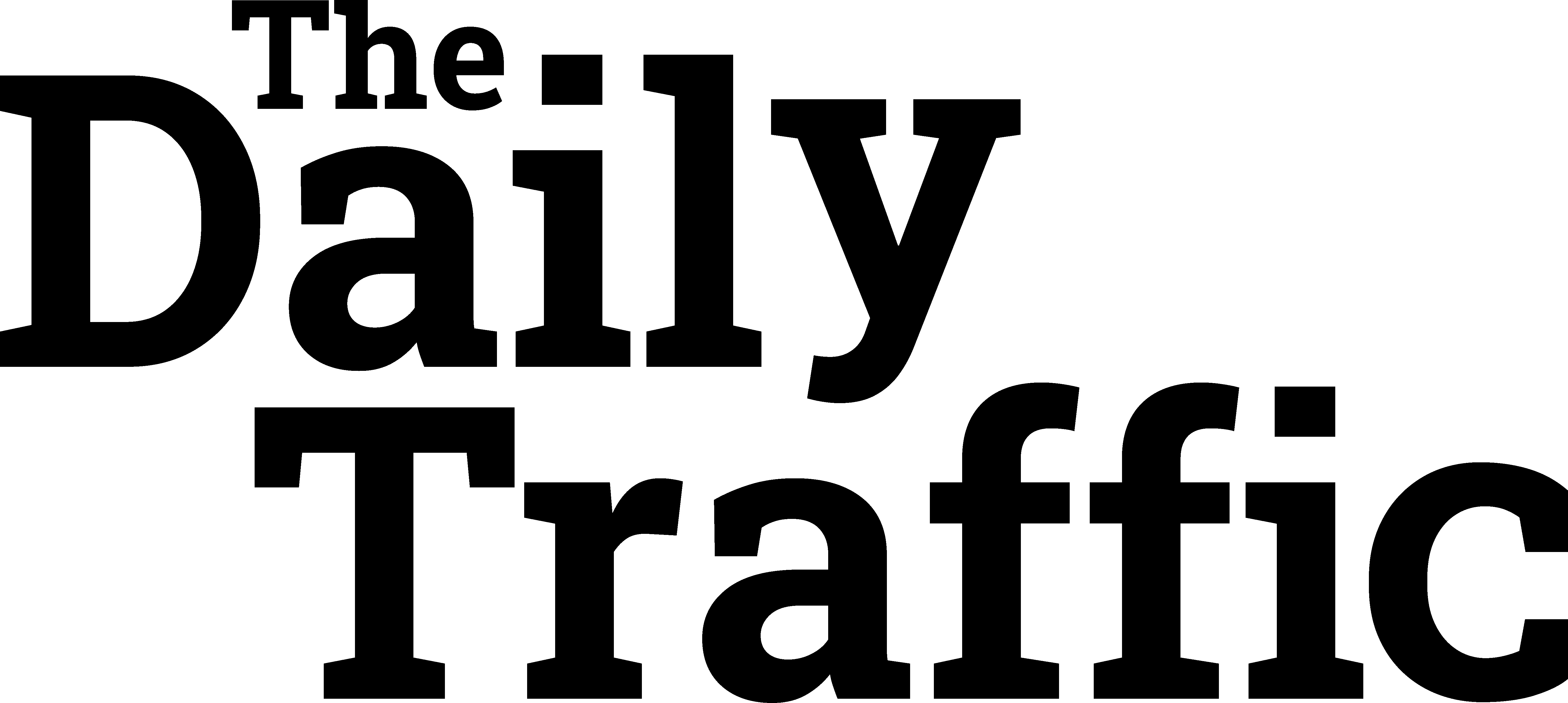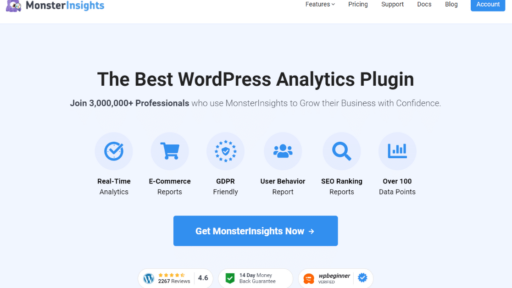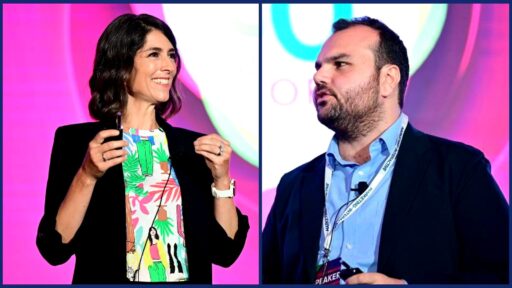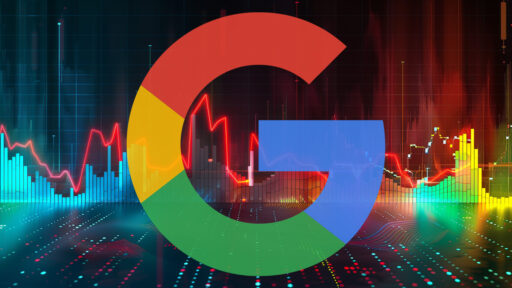Originally Posted on “Marketing” – Google News by Scott Clark
The Gist
- AI redefines search. OpenAI’s collaboration with Microsoft may revolutionize search dynamics and marketing strategies, emphasizing personalization and user experience.
- Marketing shifts expected. Marketers need to adapt SEO and content strategies to align with AI-driven search engines, potentially changing the competitive landscape.
- Analytical opportunities expand. New AI-powered analytics tools could provide deeper insights into user behaviors, enhancing targeted marketing efforts.
As OpenAI gears up to enter the search engine arena, marketing professionals are bracing for yet another seismic shift. This new AI-powered contender, supposedly developed in collaboration with Microsoft and leveraging the capabilities of ChatGPT, promises to redefine search dynamics and user interactions. For marketers, the potential rollout of such a technology means rethinking strategies in SEO, content creation and digital advertising. The anticipation of how this innovation could reshape personalized marketing, enhance user experience and diversify the competitive search industry marks a pivotal moment in digital marketing.

News, Domains and New Opportunities
OpenAI is indeed making headlines about the development of a potential search engine that leverages its ChatGPT technology. Though it is still speculative at this time, this initiative appears to involve using the Bing infrastructure to create a search platform that might offer unique features such as AI-generated summaries and faster search results.
The domain for this new search engine, search.chatgpt.com, was recently spotted in an SSL certificate registration, which points toward the possible activation of the service shortly. The launch date is rumored to be as soon as May 9.
This development could introduce significant competition in the search engine market, traditionally dominated by Google. The move aligns with the broader vision expressed by OpenAI’s CEO, Sam Altman, who in episode #419 of Lex Fridman’s Podcast, emphasized that OpenAI’s ambition extends beyond merely surpassing Google in search capabilities. Instead, Altman articulated a vision for a revolutionary approach to how we access, synthesize and use information, suggesting that developments like ChatGPT could herald a new era of information interaction, moving beyond the conventional search engine framework.
The anticipation around this new search engine is high, and, if successful, it could indeed shake up the current dynamics of the search engine industry. However, there remain concerns about how OpenAI will monetize this service and whether it can realistically challenge Google’s dominance. The evolving landscape of search engines and AI integration continues to be an area of both innovation and intense competition.
Related Article: In the Age of AI, Google Experiments With Bold Changes to Search
The Potential Impact of OpenAI Search on Marketing
Because of its potential effect on the way consumers browse the web, the introduction of a new search engine by OpenAI could have a profound impact on marketing. Here’s a closer look at some possible effects:
- Search Engine Optimization (SEO): Marketers may need to adapt their SEO strategies to accommodate the new search engine’s algorithms. AI-driven search engines could prioritize different types of content, use new ranking signals, or even interpret user intent differently. Because AI models like ChatGPT are adept at understanding and generating human-like text, content that answers questions more conversationally might become more important.
- Paid Search Advertising: If OpenAI’s search engine gains significant market share, it could become a valuable new platform for paid advertising. Marketers might have opportunities to tap into a different audience segment or take advantage of potentially lower costs per click in the early stages of the search engine’s deployment.
- Personalization and User Experience: AI technologies excel in personalization. An AI-powered search engine could provide more tailored search results or enhanced user experiences, which marketers could leverage to better meet the needs of their target audiences. This might involve more nuanced content strategies that align with the AI’s understanding of user queries and context.
- Competition and Market Dynamics: The entry of a significant new player in the search engine market would alter competitive dynamics. Google has long dominated this space, but a successful launch by OpenAI could disrupt this status quo, compelling marketers to diversify their search engine marketing strategies across multiple platforms.
- Analytics and Insights: Marketers might gain access to new types of analytics and user insight tools, powered by AI. Understanding how users interact with AI-driven search engines could provide new opportunities for optimizing marketing campaigns and strategies.
The potential launch of a ChatGPT-powered search engine by OpenAI represents a significant evolution in search technology that could necessitate new strategies and approaches in digital marketing.
Related Article: Assessing the Impact of AI-Driven Web Browsing on SEO and Marketing
How Will the Search Paradigm Change?
OpenAI’s entry into the world of AI-powered search engines could significantly alter the current search paradigm in several ways, along with the way that consumers use search engines. AI technologies excel in understanding and processing natural language, allowing them to interpret user queries more contextually and conversationally. This could lead to more intuitive search experiences where users can ask complex questions in natural language and receive more accurate, context-aware responses.
This shift would enhance the search experience by making it more aligned with human conversational patterns rather than requiring keyword-specific inputs. This could also greatly impact voice search, as users could simply ask questions the way they would with another human.
With AI at its core, the OpenAI search engine could personalize search results more effectively based on the user’s past interactions, preferences and even inferred needs. This level of personalization would not only improve user satisfaction but also change how consumers search for information, potentially making them rely more heavily on AI to curate content that aligns with their interests and behaviors.
AI-driven search engines could better synthesize information from various sources to present comprehensive, coherent content summaries. This capability would be particularly beneficial in delivering a high-level overview of complex topics, reducing the need for users to visit multiple pages to gather diverse viewpoints or piece together detailed narratives.
With increased personalization and understanding comes the heightened responsibility of managing user data ethically. Consumers might become more cautious about how their information is used, impacting their search behaviors and preferences for platforms that prioritize privacy. This may also impact current and future consumer data privacy legislation, which will itself impact the way that LLMs interact with consumer data.
The introduction of a powerful new player in the search engine market could drive existing companies like Google to innovate further, accelerating the overall pace of development in search technologies. This competition could lead to rapid advancements in how search engines operate and serve content, benefiting consumers with more advanced, user-friendly options.
By potentially offering a more intuitive, personalized and conversational search experience, OpenAI’s search engine could encourage consumers to engage with search technologies in fundamentally new ways, making the act of searching for information more aligned with natural human interaction. This shift could redefine user expectations and set new standards for what a search engine can do, influencing not just consumer behavior but the entire ecosystem of online information retrieval and the way consumers view and interact with the web.
Final Thoughts
The potential launch of OpenAI’s search engine is likely to represent a watershed moment in the evolution of search and digital marketing. While it promises exciting innovations such as enhanced natural language processing (NLP), personalized results and conversational interactions, it also raises important considerations around adapting marketing strategies, ethical data usage and heightened competition.
The AI-driven search engine’s evolution underscores the relentless pace of AI advancements reshaping how we seek and consume information today.






